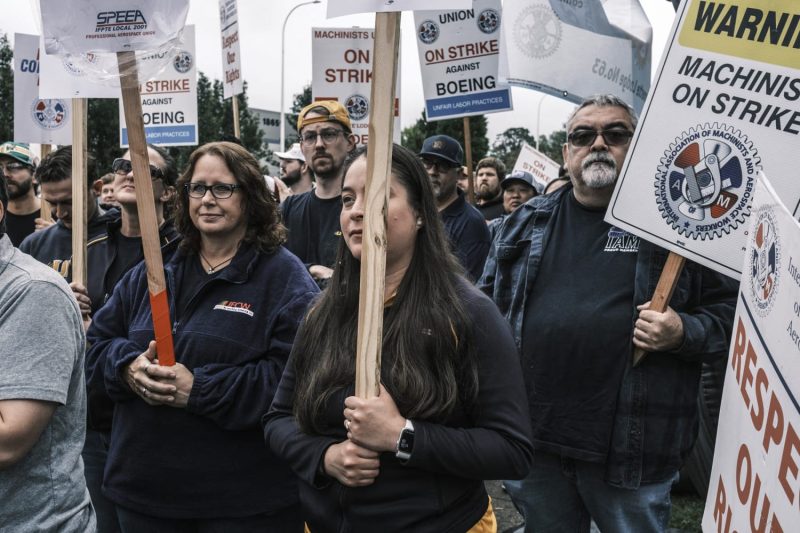The recent decision by Boeing machinists to go on strike has sparked discussions and debates about the impact it will have on the aerospace industry and the workers themselves. While strikes are not uncommon in various industries, the aerospace sector, which is highly competitive and dependent on timely production schedules, faces unique challenges when workers walk off the job.
The decision to strike is a significant one for the machinists, who are part of the International Association of Machinists and Aerospace Workers (IAM). For these workers, the strike represents a stand against what they perceive as unfair labor practices and unfavorable working conditions. The issues at the heart of the strike include job security, wages, benefits, and overall worker well-being.
The strike is not just about the immediate demands of the workers but also about sending a message to the management and the industry at large. It is a show of solidarity and strength from the workers who are willing to hold out for as long as it takes to achieve their objectives. This determination reflects the deep-rooted grievances and frustrations that have been simmering among the workers for some time.
The strike is likely to have a ripple effect across the aerospace industry, affecting not just Boeing but also its suppliers, partners, and customers. Delays in production schedules, disruptions in the supply chain, and financial losses are some of the key concerns that the industry is bracing for as the strike continues. The impact of the strike will be felt not just in the short term but also in the long term, as it could influence future labor relations and industry dynamics.
As the machinists prepare for a potentially lengthy strike, they are also organizing themselves to sustain their protest and communicate their message effectively. Picket lines, rallies, and social media campaigns are some of the tactics being employed to mobilize support and raise awareness about their cause. The solidarity and resilience of the workers will be crucial in determining the outcome of the strike and the extent to which their demands are met.
In conclusion, the Boeing machinists’ strike represents a critical moment in the aerospace industry, highlighting the complex dynamics between labor and management, as well as the broader issues of job security, wages, and worker empowerment. The outcome of the strike will not only impact the lives of the workers directly involved but also have wider implications for the industry as a whole. It remains to be seen how the negotiations unfold and whether a resolution can be reached that addresses the concerns of all stakeholders involved.
